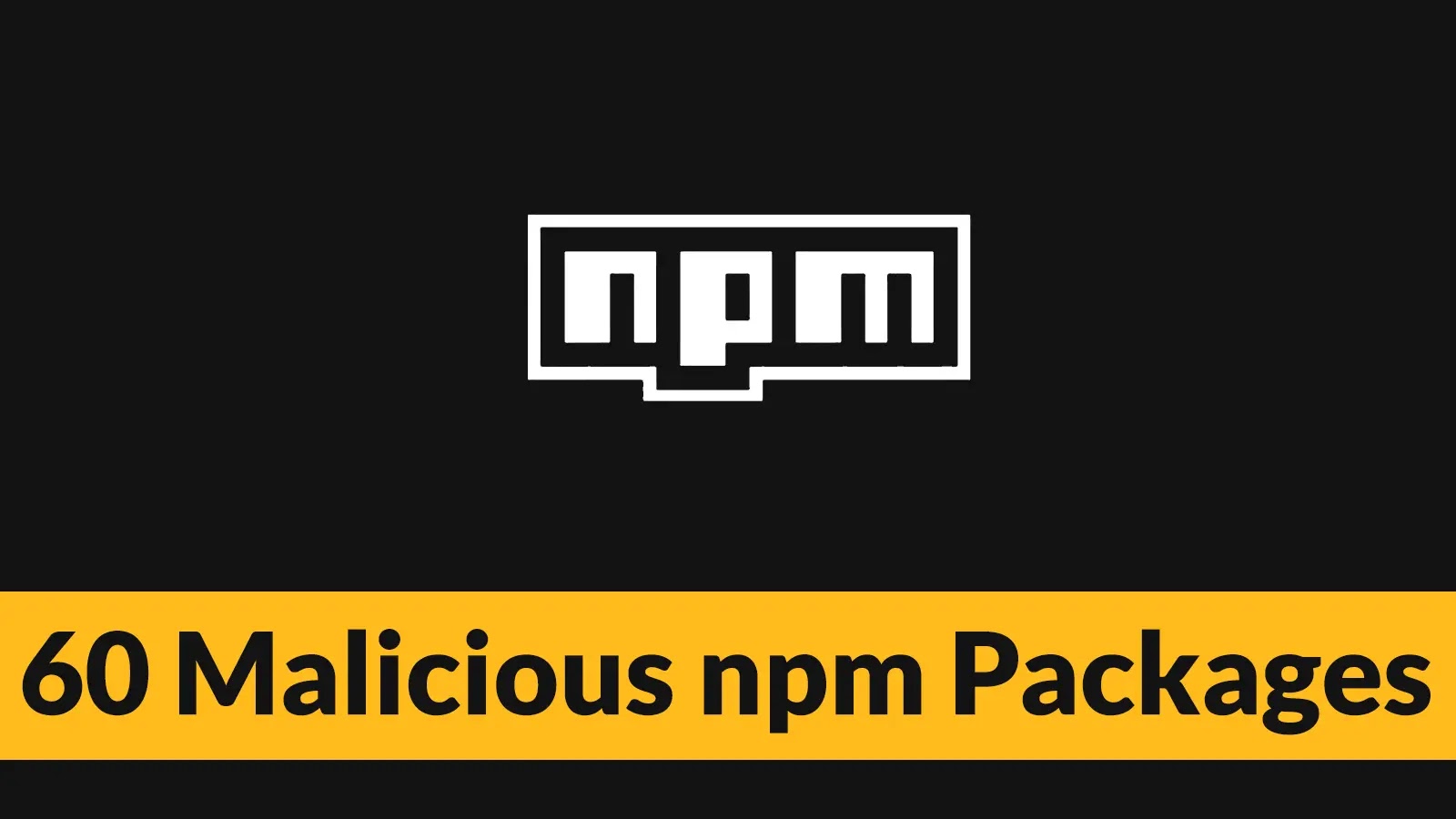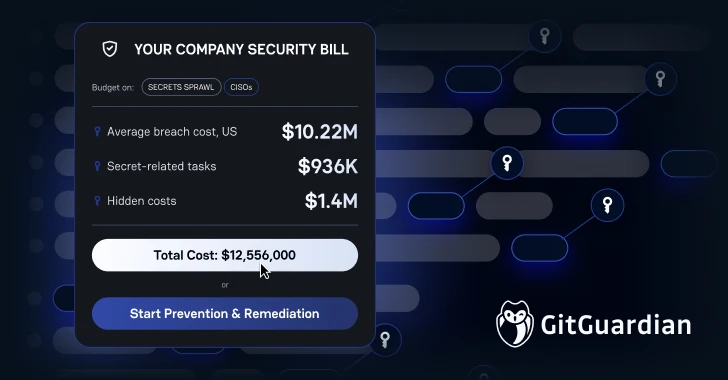A sophisticated malware campaign has infiltrated the npm ecosystem, compromising developer environments through 60 malicious packages designed to silently harvest sensitive network information. This operation, which began eleven days ago and remains active, underscores the escalating threat to software supply chains via compromised open-source packages.
Scope and Impact
The malicious packages, distributed across three npm accounts, have collectively amassed over 3,000 downloads. This extensive reach has enabled threat actors to establish a broad reconnaissance network, potentially mapping enterprise infrastructures and identifying high-value targets for future attacks.
Technical Mechanism of Infection
Each compromised package contains identical post-install scripts that execute automatically upon installation, affecting Windows, macOS, and Linux systems across developer workstations and continuous integration environments. These scripts are engineered to collect a range of sensitive data, including:
– Hostnames
– Internal and external IP addresses
– DNS server configurations
– User directory paths
The collected data is then exfiltrated to a Discord-controlled webhook endpoint, providing attackers with comprehensive insights into the victim’s network environment.
Discovery and Analysis
Researchers at Socket.dev identified the campaign through their threat detection systems. Their analysis revealed that the malware employs sophisticated reconnaissance techniques wrapped within seemingly innocuous post-install hooks. The core payload utilizes Node.js built-in modules to enumerate network interfaces and extract IPv4 addresses while querying external services for additional network information.
Evasion Tactics
To avoid detection, the malware implements sandbox evasion by checking for known cloud computing domains, such as compute.amazonaws.com and bc.googleusercontent.com, as well as research environment indicators like usernames containing justin, mal_data, or malicious. This selective targeting ensures the malware operates only in genuine development environments, maximizing the value of collected intelligence while minimizing exposure to security research environments.
Implications for Developers and Organizations
The exfiltrated data provides attackers with detailed network mapping capabilities, linking private developer environments to public-facing infrastructure and revealing organizational relationships that could facilitate targeted intrusions. On continuous integration servers, the malware exposes internal package registry URLs and build paths, intelligence particularly valuable for subsequent supply chain attacks.
Recommendations
Developers and organizations are urged to:
– Audit their npm dependencies for any of the identified malicious packages.
– Monitor network traffic for unusual outbound connections to Discord webhooks.
– Implement strict access controls and regularly review permissions for npm accounts.
– Stay informed about emerging threats targeting software supply chains.
By taking these proactive measures, the risk of compromise through malicious npm packages can be significantly reduced.



